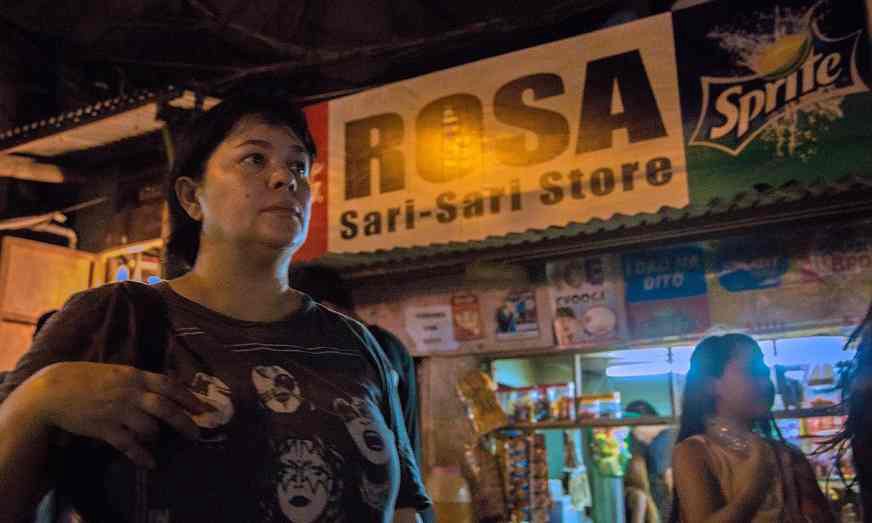
The Cannes Film Festival wrapped up over the weekend, and though we are still without a solo female winner for the Palme d’Or (Jane Campion won a shared Palme in 1993 for “The Piano”), women took home some notable prizes out of this year’s fest.
The main competition did not award a female director the Palme d’Or once again this year, despite two of the three films made by women being popular contenders. Andrea Arnold thankfully isn’t going home empty-handed, however. Her film “American Honey” was awarded the Jury Prize, the main competition’s third most prestigious award.
Also in the main competition, actress Jaclyn Jose became the first Filipino to win the best actress award at Cannes for her performance in “Ma’ Rosa.” Accepting the award, she said, “I am so surprised. I just went to have the red carpet walk with my daughter, my real-life daughter, and my daughter in the movie also. To Cannes, thank you so much, thank you to the jury, thank you that you liked our film,” as reported by Yahoo News.
Though director Maren Ade’s critical hit “Toni Erdmann” was raved about throughout the fest, and was acquired by Sony Pictures Classics while there, it failed to take home any of the festival-awarded prizes. Thankfully the International Federation of Film Critics (FIPRESCI) gave top honors to the film, calling it, “A film gorgeously crafted, made with a fresh and a sensitive approach, that captures the complex relationship between father and daughter and comments on the lunacy of today’s world.”
The Critics Week winner from FIPRESCI went to Julia Ducournau’s “Raw,” which the group hailed as, “An impressive debut with a strong visual language. The director tells a dark coming of age story and uses themes from horror movies to express the solitude and sexual awakening of a troubled teenage girl.”
In the Un Certain Regard section, Delphine and Muriel Coulin won Best Screenplay for “The Stopover”
The Caméra d’Or, Cannes’ award for best first feature, went to “Divines,” from the French director Houda Benyamina. It screened in the Director’s Fortnight section, which runs alongside the official competition selection. Benyamina told Women and Hollywood that, “Like across the rest of the world, French cinema is misogynist, white, and “bourgeois” — and the figures show this.” She wanted audiences who see “Divines” to “engage with their emotions before thinking too deeply about the film.” She explained, “I hope that after laughing, crying, and falling in love with the two girls at the heart of the story, the audience will question our society.”
Other women who won in the Director’s Fortnight section include Shahrbanoo Sadat, who won the Art Cinema Award for her film “Wolf and Sheep,” and the Society of Dramatic Authors and Composers Prize went to “The Together Project,” by Solveig Anspach.







